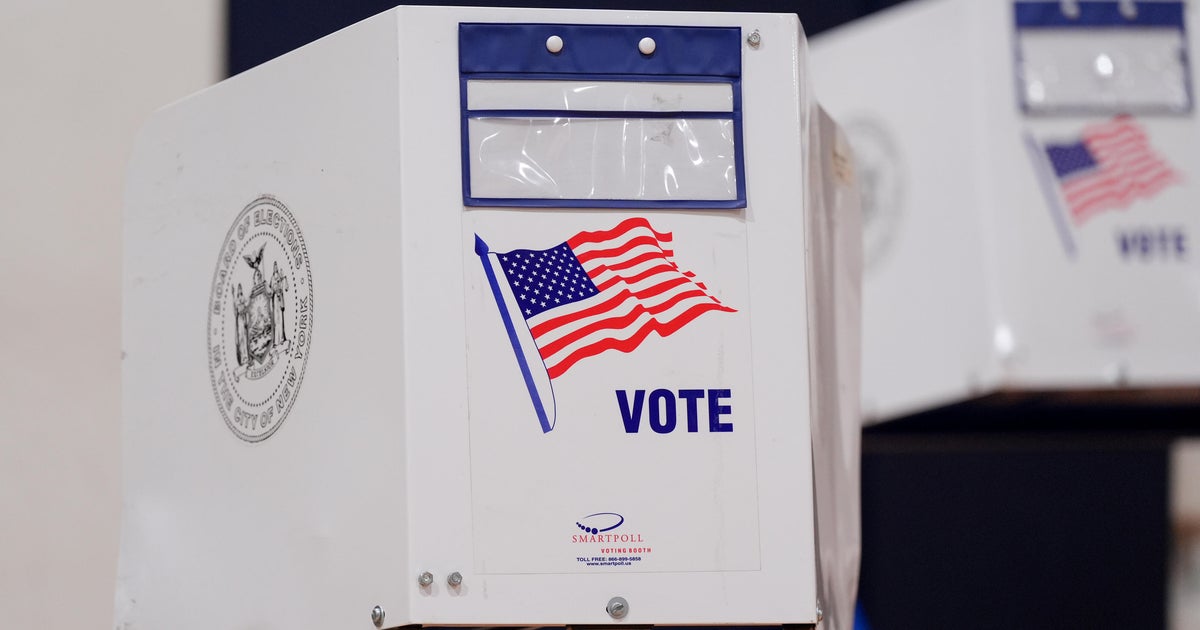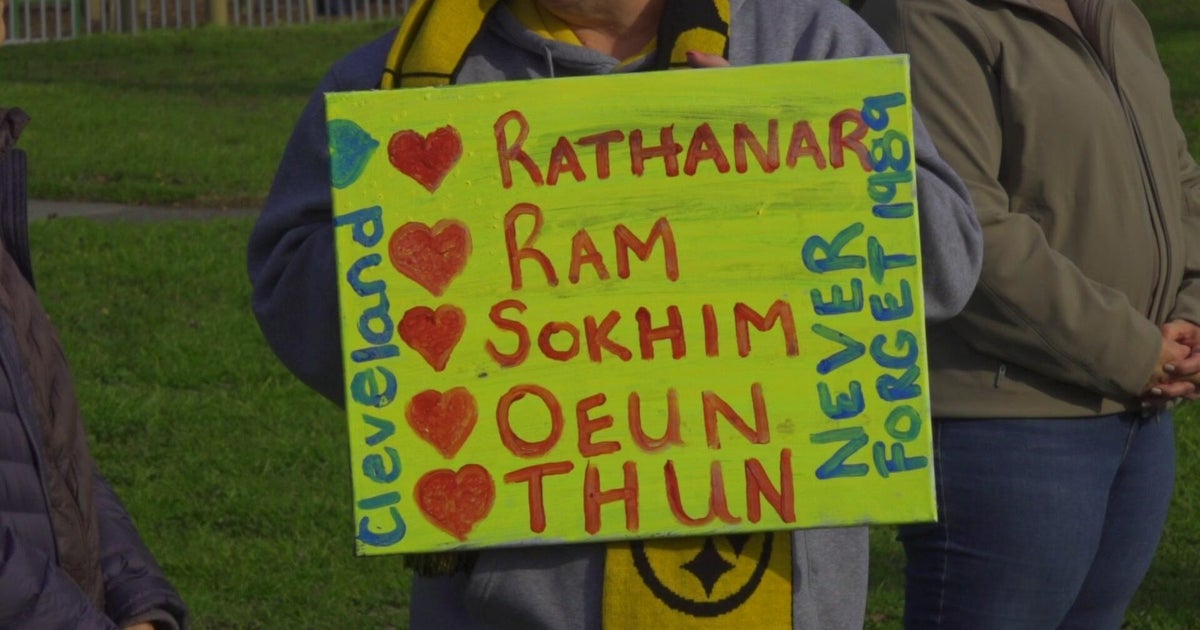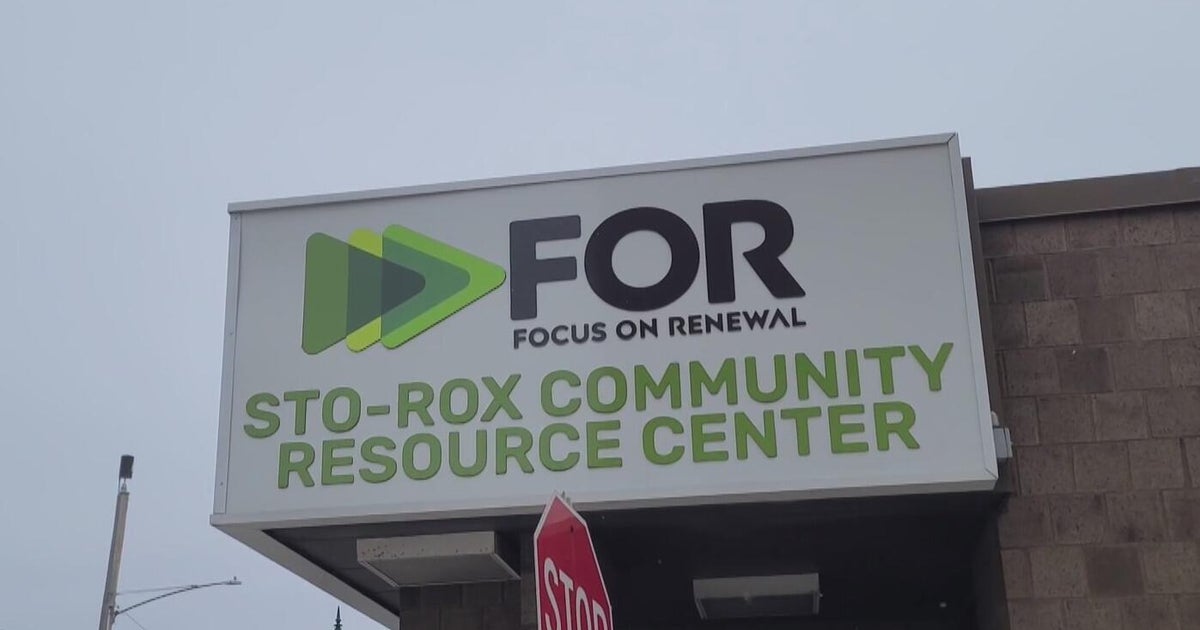Backers Of GMO Labels Look Ahead After Prop. 37 Loss
SACRAMENTO (CBS/AP) -- Activists seeking special labels on food made from genetically engineered crops vowed Wednesday to continue their push despite a loss at the California ballot box where they were vastly outspent by biotechnology giants.
Backers of the voter-rejected Proposition 37 turned their focus toward the states of Washington and Oregon where they hoped to gather enough signatures to bring forth a similar ballot initiative.
"We're going forward full steam ahead," said Dave Murphy, co-chair of the California Right to Know campaign. "This is just the beginning."
ELECTION RESULTS
President - Nationwide | Bay Area Results | Across California
The California measure would have mandated labels on processed foods and raw produce derived from plants whose DNA was altered in a laboratory. An estimated 40 percent to 70 percent of products sold in the state would have been affected.
The federal government does not require disclosure of genetically modified foods since they're not significantly different in taste and nutrition compared with their non-engineered counterparts. A victory at the polls would have catapulted the nation's most populous state to the forefront of a food movement.
Supporters argued shoppers had a right to know what they're putting in their bodies even though the government and major science groups say such foods are safe to eat.
Agriculture and chemical conglomerates, led by Monsanto Co., mounted a $45 million offense. With 100 percent of statewide votes tallied, 53 percent spurned the measure while 47 percent were in favor.
In a statement, Monsanto spokesman Tom Helscher said voters in California "have decided that Proposition 37 is not in their best interests."
Consumer advocates and organic food makers raised $9 million, mostly from controversial alternative health practitioner Joseph Mercola. Proponents said they could not compete in getting their message out due to the lopsided funding.
The initiative's demise did not surprise political observers, who said it's always an uphill struggle to persuade voters to support ballot measures.
"Supporters have to make a credible case for why action is needed while opponents more simply have to reinforce voters' natural inclination to vote no," said public policy expert Michael Shires at Pepperdine University.
While Proposition 37 was billed as the "right to know," the fine print revealed exemptions and gave individuals the power to sue for violations.
"If it was just straight forward labeling, it might have been a different outcome," Shires said.
Proposition 37's defeat was embraced thousands of miles away in Illinois, where fifth-generation farmer Leon Corzine believes the measure, if enacted, could have needlessly confused consumers.
"This is a big deal in my eyes," said Corzine, past president of the Illinois Corn Growers Association.
Corzine, who plants genetically modified corn and soybeans on his central Illinois farm, said passage could have caused a potentially worrisome snowball effect with other states adopting similar requirements, creating a patchwork of labeling laws that "makes the food-delivery system less efficient."
(Copyright 2012 by CBS San Francisco. All Rights Reserved. This material may not be published, broadcast, rewritten, or redistributed.)







